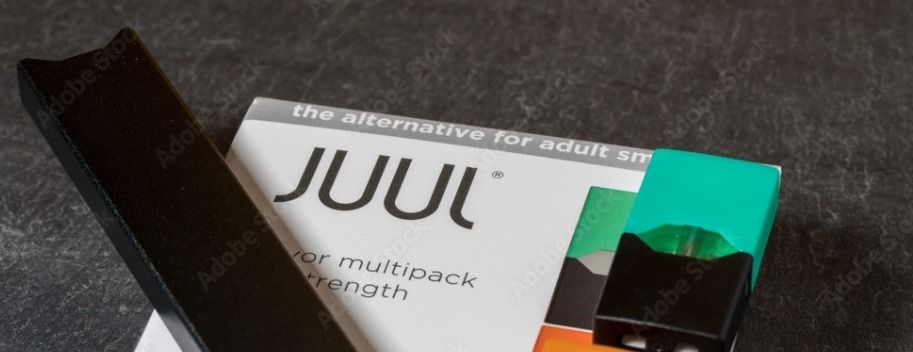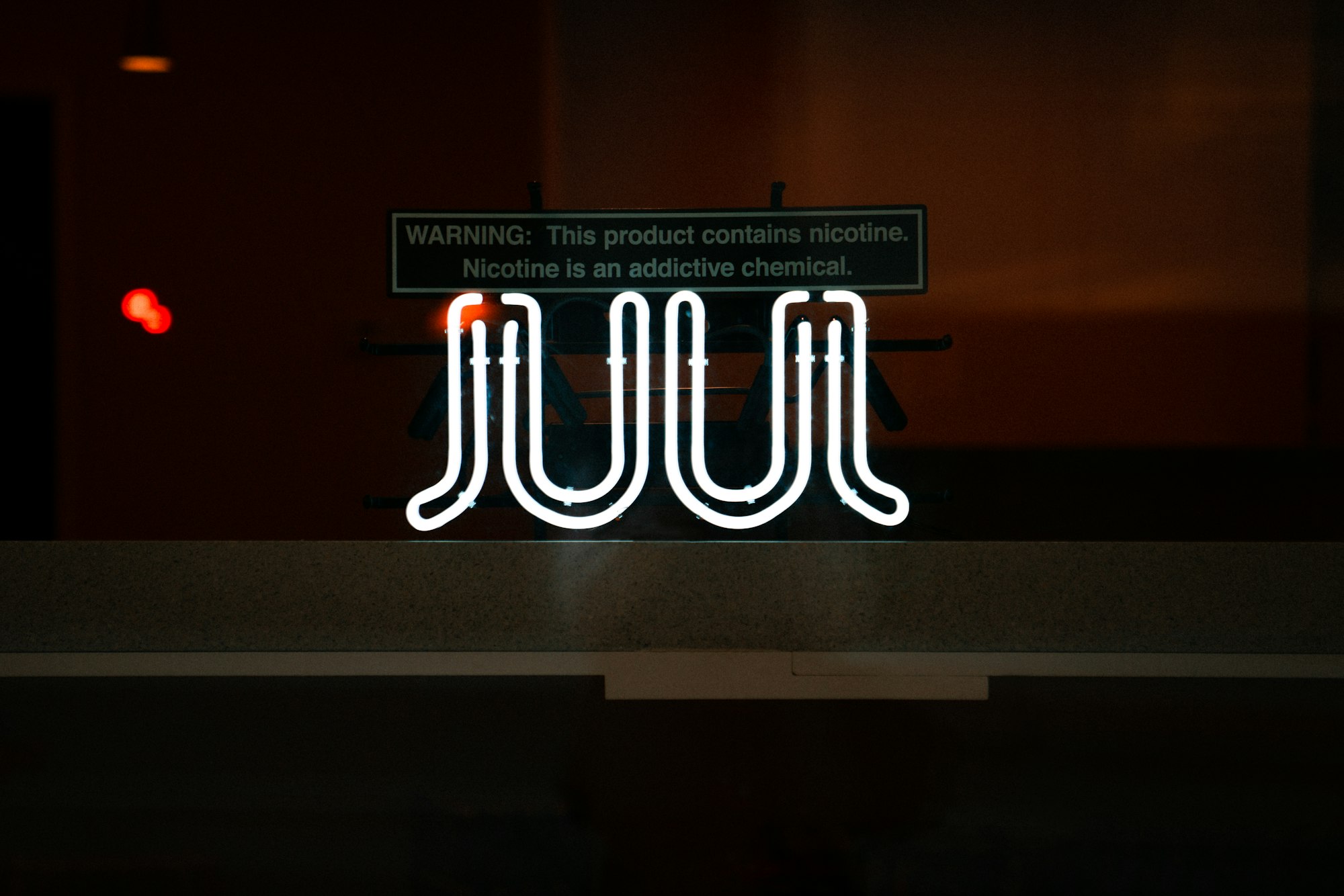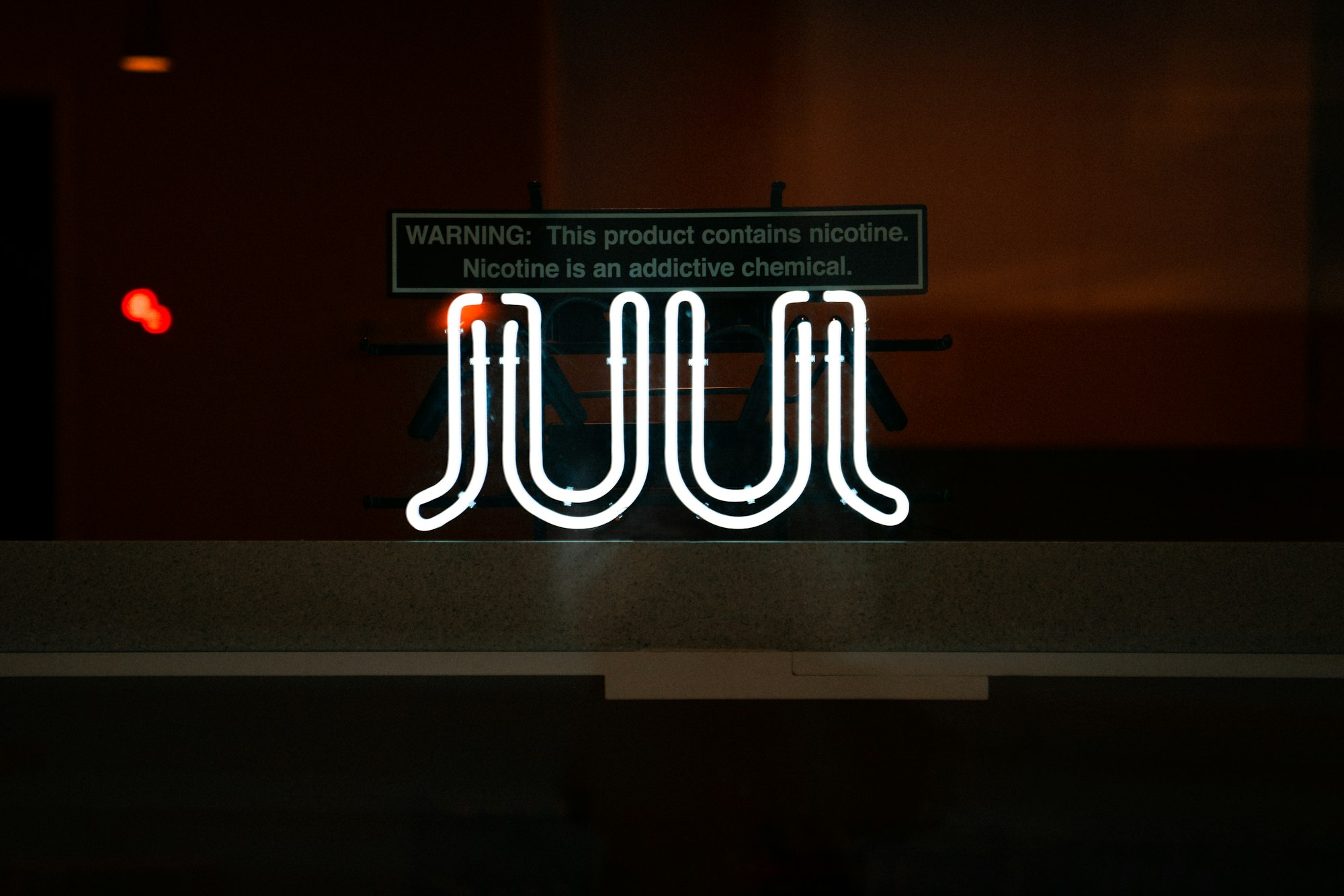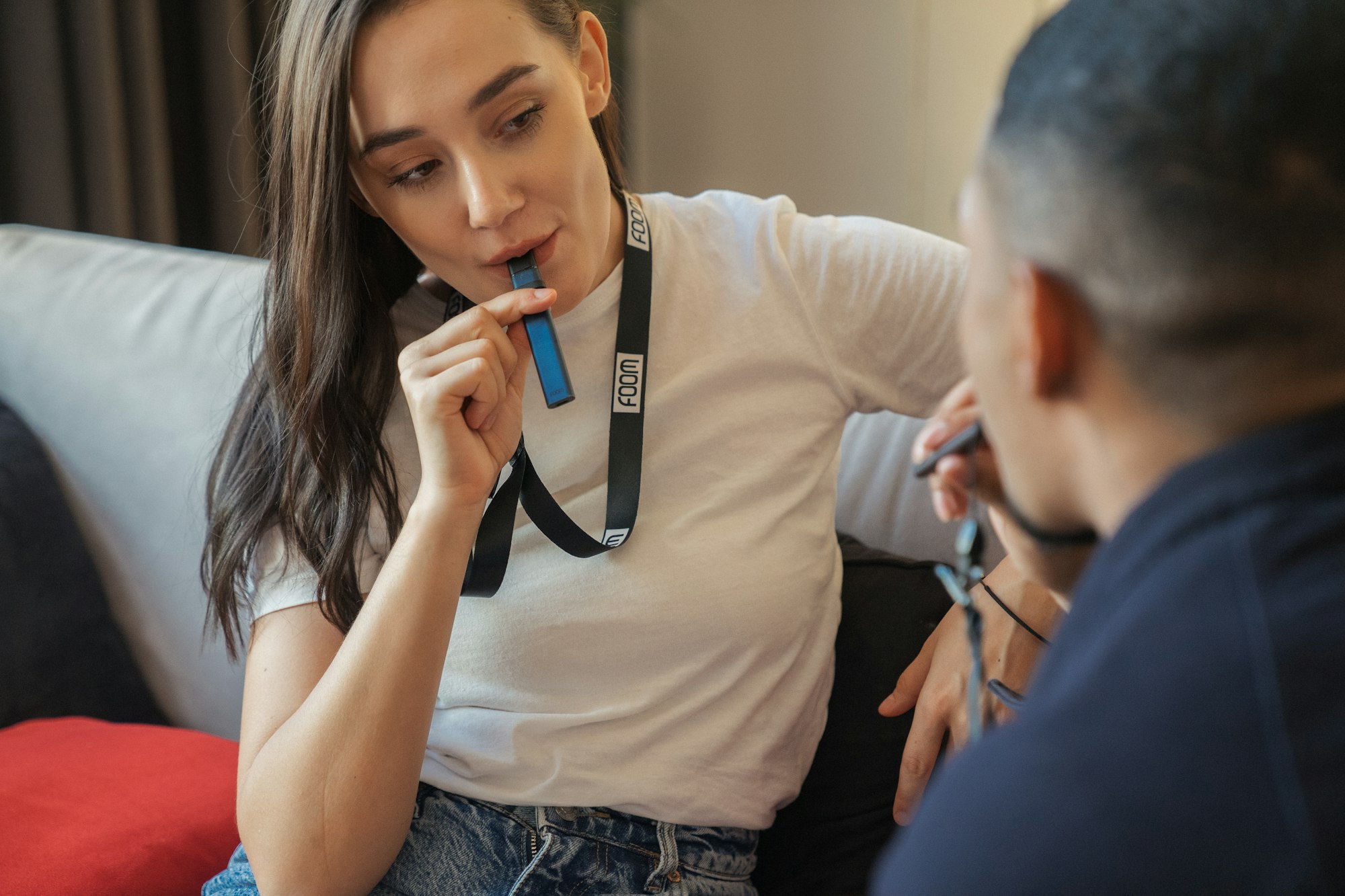Juul and Altria Face First Trial Over Claims of Marketing E-Cigarettes to Teens

As a mother, I felt helpless when I discovered my 16-year-old daughter, Lily, was struggling with a Juul addiction. Despite our countless conversations about the dangers of nicotine and addiction, she had fallen victim to the enticing flavors and discreet design of Juul e-cigarettes.
It was during a routine cleanup of her room that I found the inconspicuous device, hidden away in a drawer. My heart sank, and I knew I needed to act. That's when I learned about the disturbing marketing tactics used by Juul and Altria, specifically targeting our vulnerable teens.

As I began researching, I came across stories of other parents, just like me, who had discovered their children were being lured into nicotine addiction by these big corporations. I knew I wasn't alone in this fight, and I wanted to share these experiences to bring us together and empower us to protect our children from companies that prioritize profit over their well-being.
- Annette, a mother from Michigan, shared that her once athletic and outgoing son had become withdrawn and anxious after starting to use Juul products. She said, "He went from being a star athlete to struggling to climb the stairs without getting winded."
- Susan, a mom from California, recounted her daughter's battle with e-cigarette addiction, which ultimately led to her hospitalization for severe nicotine poisoning. She lamented, "If only we'd known how Juul was marketing to kids like her, maybe we could have prevented this."
- Michael, a single dad from New York, spoke about his 15-year-old son, who was caught using a Juul in school. "He told me all his friends were doing it, and he thought it was cool. I had no idea these companies were preying on our children."

These are just a few of the countless stories of families affected by the reckless marketing strategies of Juul and Altria. It's time for us to join forces and hold these corporations accountable.
Minnesota seeks to force JUUL and Altrea to pay for measures to remedy the harms of addiction. It says Juul sold its e-cigarettes in sweet flavors and promoted them on social media to appeal to underage consumers.
The state says teen vaping skyrocketed in the three years leading up to the lawsuit in 2019, with vaping by 11th graders increasing by more than 50% and by 8th graders nearly doubling.

Juul and Altria have faced thousands of similar lawsuits around the country.
Public nuisance, a legal theory more traditionally invoked in cases seeking to remedy damage to public amenities or waterways, has been used more in recent years, including in litigation over the opioid epidemic that has yielded more than $50 billion in settlements. This week's trial will be its first test against Juul.
Juul last year agreed to pay $439 million to settle similar lawsuits with 34 states, not including Minnesota, and $1.7 billion to resolve thousands of lawsuits by individuals and local government entities. Altria was not part of the settlements.
Recently Juul settled a $255 Million False Advertising lawsuit.






